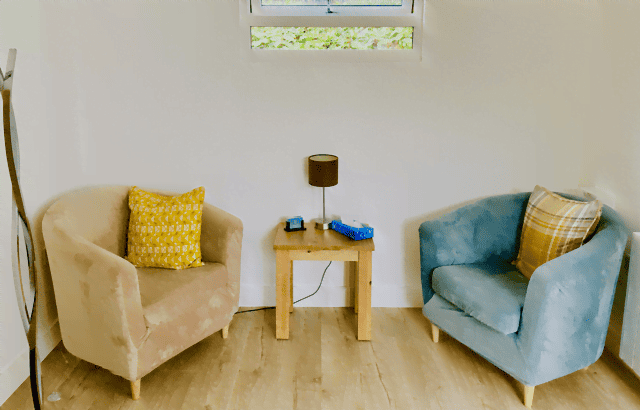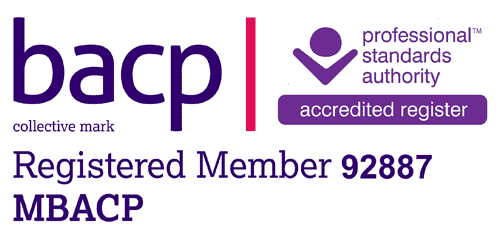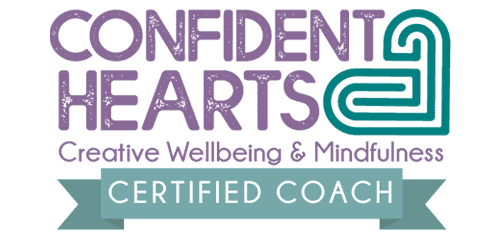Counselling
What Happens in a Session and Who is Counselling For?

Who is Counselling For?
Life has never been so hectic and so complicated, our wellbeing so compromised. Counselling can be beneficial to anyone who wants to improve their emotional health or for those experiencing difficult emotions but aren’t sure why. It can be for those who have a particular issue or who are encountering the same situation repeatedly and want to move on.
“Counselling is not just for those who have identifiable mental health difficulties, it has a place for anyone who feels their well being could be improved”
Where Do We Start?
When coming to counselling, the relationship you develop with your counsellor is crucial to any work being successful. With that in mind, an initial meeting is really important in getting to know each other to see if we can work together. If we both feel comfortable, we will plan sessions from there. If ever I feel I am unable to support your specific needs I will always say so and do my best to signpost you to another professional for support.
Where Do Sessions Take Place?
I have my own premises from which to practice, which is a comfortable, calm and very private garden room in Highcliffe, Dorset. My practice is mainly face-to-face, but I can offer online sessions for those who may prefer this platform, or for whom the distance makes appointments in person impractical.
How I Work
The predominant approach I use in counselling is based on psychodynamic theory. This means we look at any difficulties you might be experiencing in the present, in light of your past experiences and relationships, as well as looking at the role of the unconscious mind. This stems from the theory that the past has shaped and influenced how we interpret the world around us, how we behave in relationships and how we respond to life events. Having a deeper understanding of where our difficulties originate, enables us to comprehend our thoughts and feelings better. We then have a greater choice in how we live our lives today. This form of counselling is applicable to any difficulty we might be experiencing.
Range of Strategies
As I have done further training since qualifying, I also draw on techniques from other forms of counselling eg CBT, solution focused and person-centred. This means I can get to know you and your unique situation and draw from a range of strategies to best provide support that will meet your individual needs.
How I Deliver Therapy
Long term face-to-face work, short term face-to-face work, online long term or short term work.
Proceeding with Therapy
Should you decide to proceed to an initial session, this will be an opportunity for us to get to know one another and see if we feel we can work together. I will share how I work and ask a few questions about what has brought you to counselling. You will have ample opportunity to ask any questions you may have. There is never any obligation to continue with counselling if you make an enquiry or even if you come for an initial consultation. You remain in control.
Most counselling sessions take place weekly, but there are times and situations where less or more frequent sessions can also work
What I Can Help With
- Depression/low mood
- Anxiety
- Disordered eating
- Relationship difficulties
- Low self esteem
- Bereavement
- Parenting
- Stress
- Work related issues
- Trauma
- Health related concerns
- Sex related issues
- Abuse



